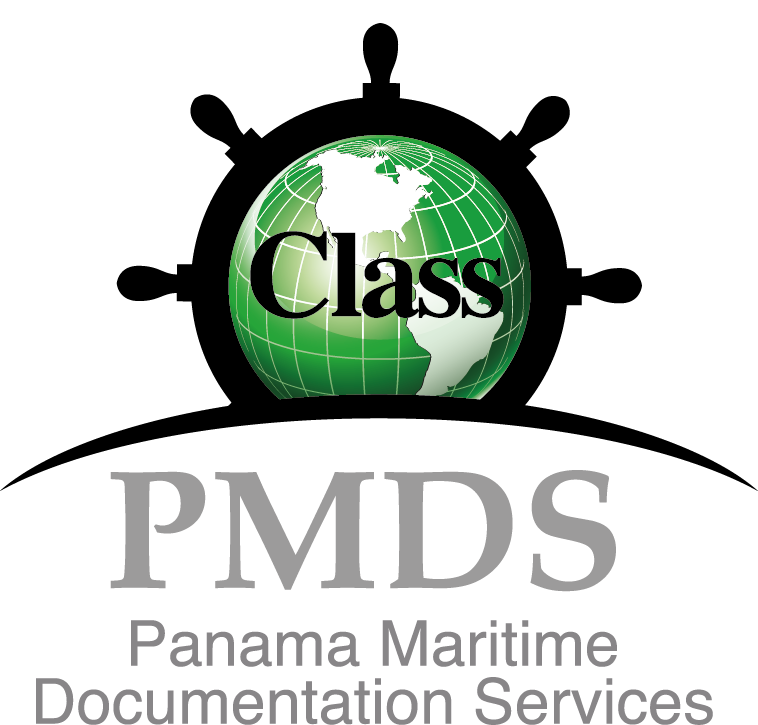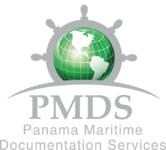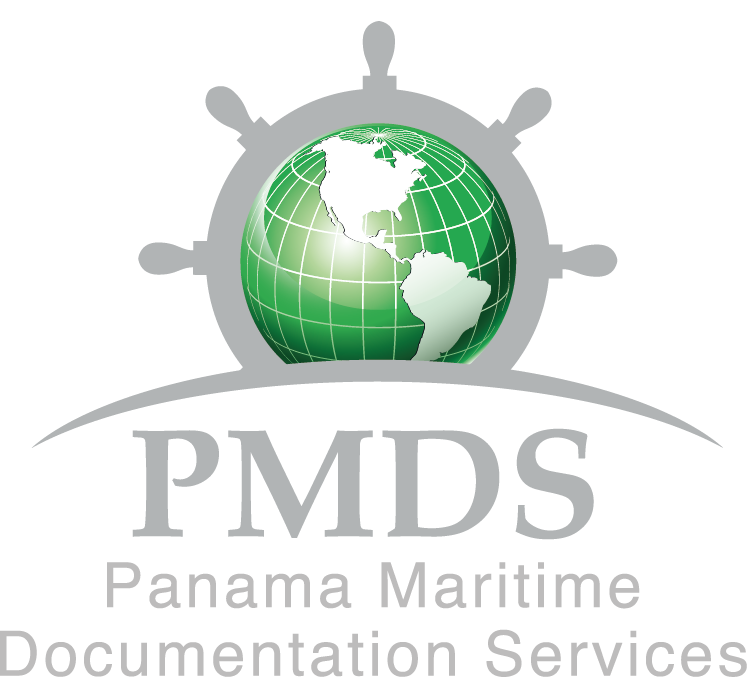
Comments on document MEPC 81/15/1 on implementation of the HK Convention
BIMCO, Bangladesh, India, Norway, Pakistan, and the ICS, have submitted a paper ahead of the 81st Marine Environment Protection Committee (MEPC) meeting on 18-22 March 2024, to highlight the need to solve possible conflicting requirements of the Hong Kong Convention and the Basel Convention which could have severe consequences, if unresolved.
The Conventions
The Hong Kong International Convention for the Safe and Environmentally Sound Recycling of Ships (the Hong Kong Convention) will enter into force on 26 June 2025. Ahead of its entering into force, BIMCO and the co-signatories of the paper ask the MEPC of the International Maritime Organization (IMO) for more legal certainty.
This includes clarification and assurance that shipowners and parties operating in compliance with the Hong Kong Convention will not be sanctioned as a violation of the Basel Convention on the Control of Transboundary Movements of Hazardous Wastes and their Disposal (the Basel Convention).
The ratification of the Hong Kong Convention marks the beginning of a new era for the ship recycling industry. We must make sure that legal obstacles and conflicts between the two conventions governing the safe and sound recycling of ships do not limit the scope of this historic opportunity.
… said BIMCO’s Secretary General & CEO, David Loosley says.
In some jurisdictions, contravention of the Basel Convention, as applied to ship recycling, has resulted in sanctions against shipowners and masters.
One of the inconsistencies the paper asks the IMO to consider is related to hazardous waste. Once a ship has received an International Ready for Recycling Certificate (IRRC) under the Hong Kong Convention, it may at the same time be considered a hazardous waste under the provisions of the Basel Convention.
During the entire validity period of the IRRC (up to three months), the ship could therefore risk being arrested for breach of the Basel Convention requirements while trading.
Hong Kong and Basel: Telling conventions apart.
The Hong Kong International Convention for the Safe and Environmentally Sound Recycling of Ships (Hong Kong Convention) and the Basel Convention on the Control of Transboundary Movements of Hazardous Wastes and Their Disposal (Basel Convention) are two separate international agreements that address environmental concerns related to waste, but they focus on different aspects and types of waste.
Hong Kong International Convention for the Safe and Environmentally Sound Recycling of Ships (Hong Kong Convention):
- In late June 2023, a historic moment for the maritime industry took place as the Bangladesh and Liberia ratified the Hong Kong International Convention for the Safe and Environmentally Sound Recycling of Ships (the Hong Kong Convention, HKC), thus allowing it to enter into force. The HKC will become effective on 26th of June 2025.
- The Hong Kong Convention aims to ensure the safe and environmentally sound recycling of ships, particularly addressing the environmental and occupational health and safety issues associated with ship recycling.
- It specifically targets the recycling of ships and outlines guidelines and standards for ship recycling facilities to minimize the impact on human health and the environment.
- The convention establishes requirements for the design, construction, operation, and maintenance of ship recycling facilities. It also includes provisions related to the management of hazardous materials on ships and the development of a Ship Recycling Plan.
Basel Convention on the Control of Transboundary Movements of Hazardous Wastes and Their Disposal (Basel Convention):
- The Basel Convention seeks to control and minimize the transboundary movement of hazardous wastes and ensure their environmentally sound management and disposal.
- It covers a broader range of hazardous wastes, not limited to ships. The Basel Convention applies to the movement of hazardous wastes across national borders, with the goal of reducing the generation of hazardous wastes and promoting environmentally sound management practices.
- The convention establishes a framework for the control of transboundary movements of hazardous wastes, including the requirement for prior informed consent from the importing country, the establishment of appropriate disposal facilities, and the promotion of waste minimization and recycling.
- The convention was adopted on March 22, 1989, in Basel, Switzerland, and entered into force on May 5, 1992.
While both the Hong Kong Convention and the Basel Convention address environmental concerns related to waste, they focus on different types of waste and have distinct objectives.
The Hong Kong Convention specifically targets ship recycling, while the Basel Convention addresses the transboundary movement and disposal of hazardous wastes in a broader context.
Since both the Hong Kong Convention and the Basel Convention can apply to end-of-life ships, shipowners risk prosecution in cases when the shipowner has sent the ships for safe and environmentally sound recycling at yards that comply with the Hong Kong Convention in one of the four major recycling states, namely Bangladesh, India, Pakistan and Türkiye.
We and the co-sponsors of this paper welcome and support the increased transparency and rising standards brought about by the Hong Kong Convention finally entering into force. It is therefore crucial for the consistent implementation of the convention to ensure that compliance does not result in sanctions under the Basel Convention
… commented David Loosley.
See the following document:
- MEPC 81/15/5 Comments on document MEPC 81/15/1 on implementation of the HK Convention (Bangladesh, India, Norway, Pakistan, ICS & BIMCO)
- MEPC 81/15/1 – Implementation of the Hong Kong Convention (Secretariat)
Source Safety4Sea
For additional information contact us : corporate@panamamaritime.com

 (507) 6780-7942
(507) 6780-7942
